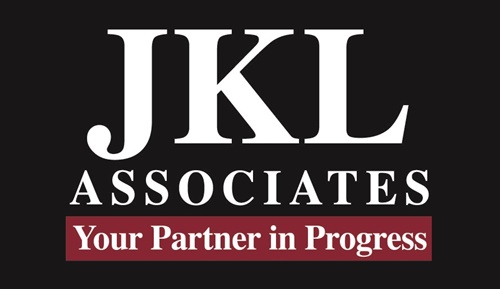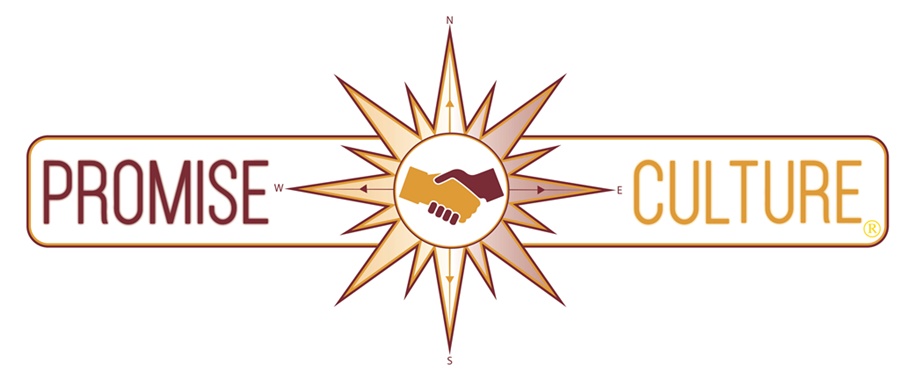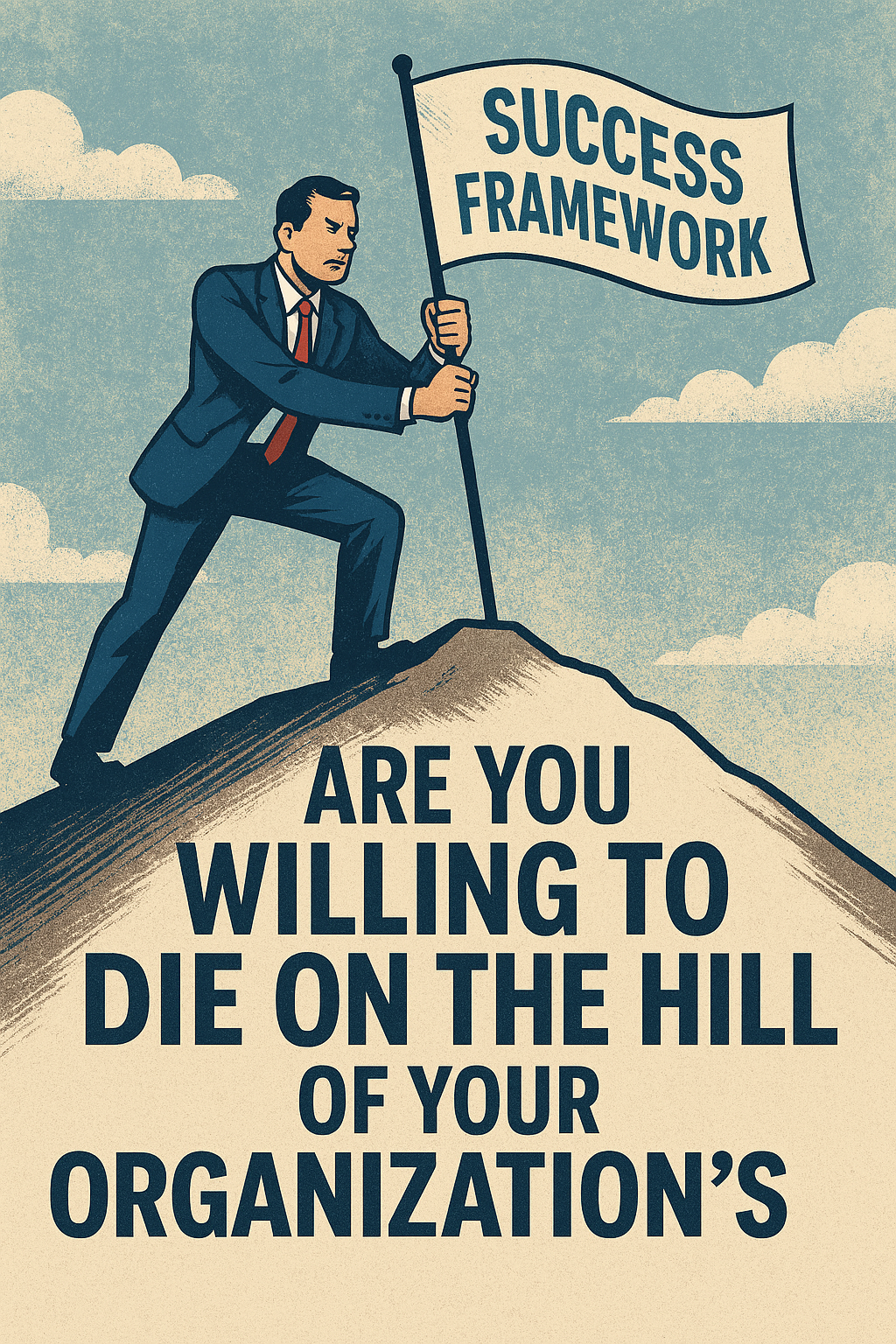As leaders, we are regularly challenged to revisit the foundation of the business platform. Your organization might have a mission or vision statement, supplemented by principles and values that outline the desired way your organization operates. This foundation was crafted with great intent and expectations to be fully integrated into your day-to-day business decisions and actions. The question today is – Are you holding yourself accountable to the framework, and are you operating your business within the expectations of your purpose, values, principles, vision, and mission?
This is a very simple question to ask, but it is a significantly difficult answer for business leaders to truthfully answer. If they consider the broadest sense of their values, they are more than likely to trend in that direction. What can happen is that a difficult decision needs to be made, and then the drift in applying values can become blurrier.
Consider an example where there is a no-tolerance policy for certain aspects of business operations. A team member has violated a part of this policy, which has been brought to the owner’s attention. The owner knows what the expectations are for that situation, but other business dynamics start to influence the owner’s thinking. No tolerance would indicate swift and decisive action for the employee. The owner elects not to take immediate action, and as they may put it, thinks about it. As time passes, other seemingly higher-priority items get on the owner’s agenda, and this no-tolerance issue drifts down the attention list. The owner would much prefer to deal with tangible action items than humanistic items.
What message is this sending to the rest of the organization?
This is the key that unlocks the dilution of the framework/platform, which the original purpose, core value, core principles, etc., had every intention to curtail.
The business leader has just opened Pandora’s Box, which, once opened, is extremely hard to close. Or, to put it differently, you can put the Genie back in the lamp.
Many leaders don’t initially do this intentionally, but it happens far more often than it should. When asking leaders why they took this direction, the list of answers is long and varied. The common thread in all the so-called reasoning is that they lacked the strength or commitment to uphold the original intent and expectations of the purpose, core values, and core principles. They liked the concept and desired the framework it would provide, but ultimately, they lacked the necessary ownership to develop the operational framework they intended. They elected not to die on the hill of the company framework.
When leadership drifts from the core framework, a domino effect begins. Perhaps not all of them fail the first time, but those in the organization who witness or are part of the situation will likely file this sequence of decisions, or lack thereof, in the back of their mind for future reference and use. It introduces vagueness into future decisions and actions, raising questions about how far any person in the organization can slide and, in effect, get away with the grey in the framework without repercussions. It can be a very slippery slide to the deterioration of a company culture and ultimately the organization.
This week, if you have unfortunately been subject to this breakdown, all is by no means lost. Being forthright and recommitting to the framework, with a fully committed effort to uphold the platform moving forward, is a great start. Be open and honest, and let the team understand how your past failures have taught you critical lessons for the future.
Need an “Accountability Partner” to walk with you on this path of growth? JKL Associates Promise Guides are ready to assist. Call us at FL (407) 984-7246 or MI (313) 527-7945
Journey On!
COPYRIGHT – JKL ASSOCIATES 2025
QUESTIONS OR COMMENTS – EMAIL US AT PARTNERS@JKLASSOCIATES.COM OR CALL OUR OFFICES – MI AT (313) 527-7945 FL AT (407) 984-7246
Celebrating 30 years of Delivering on “Promises”




